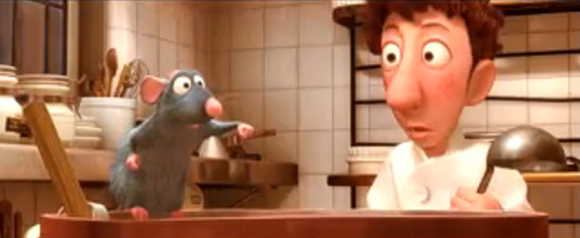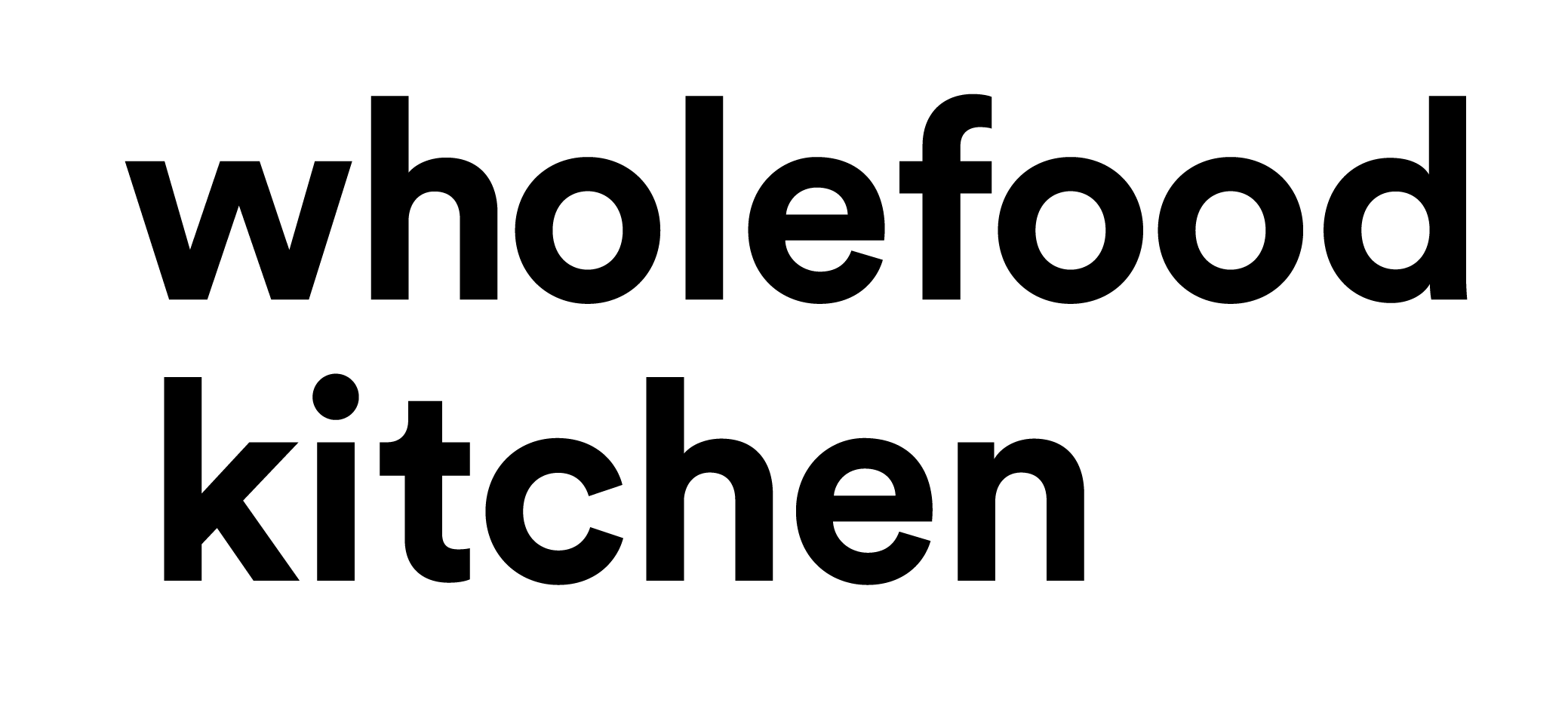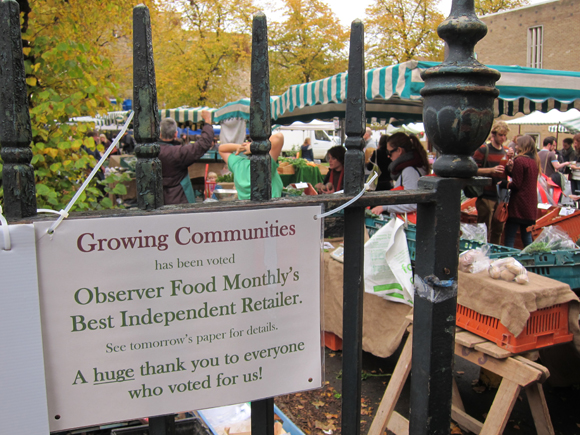
‘There’s a Rat in mi kitchen
What am I gonna do?
There’s a Rat in mi kitchen
What am I gonna do?
I’m gonna teach that Rat, that’s what I’m gonna do,
I’m gonna teach that Rat.’*
I am that Rat. And its in the kitchen that I have been conducting an experiment. The experiment comes in the exploration of a question: ‘What is my relationship with food?’ Equally, it could be rephrased simply as ‘Who am I?’
The journey I have taken has been deceptive. Initially, my prevailing love of food drew me in, and inspired an engagement with and commitment to learning the arts of wholefood cooking. Yet this passion, as strong as it is, constitutes just a taste of what is really available in the kitchen. The kitchen provides an invitation to engage in the world with a full and rich sensuality.
There is a version of sensuality I have always used, but primarily as a form of escape to create a separation between myself and the world. Through cooking I have uncovered the lack of trust I have in myself, in the world, on a sensual level, which explains the efforts I have made to maintain this sense of separateness and isolation.
How has this become apparent?
Primarily, by engaging in the practice of cooking in the context provided by Jean Torne, Mutsuko Johnson, Melanie Waxman and other teachers within the Concord Institute kitchen. It was during Jean’s recent Seasonal Kitchen programme that yet another layer of the metaphorical, transformational ‘Onion’ was stripped away.
At the start of the week, Jean laid out an extraordinary context, asking us to voice the question ‘Is this food?’ when faced with choices about what we select to nourish and sustain ourselves. This began a week-long exploration of awareness.
There was an invitation to develop tastes and flavours slowly and patiently. We experimented by cooking using a low flame. We cooked slowly, but used the extra time to simply connect with the activity at hand, rather than filling the available space with another action, as we have learned to do in our multi-tasking obsessed world.
We were encouraged to taste others’ food, comparing the difference in flavours, textures, saltiness, degree of cooking. Infinite variations emerged from a single recipe, based on who was cooking, how was cooking, why was cooking. We often took an hour or so to ‘finish’ our dishes, We paid careful attention to the fine-tuning of flavours, tastes and smells, and learned to appreciate the distinction between ‘adding’ and ‘pouring.’
And did we learn recipes? Yes, and No. They acted as a guide throughout the week, but we connected with cooking as an activity which comes from a different place. Less cerebral, more whole-body. We navigated through dishes and the menu as a class, and as groups. On one occasion, the group I was working with consulted a printed recipe, and we ground to a halt. Suddenly there were clashes of opinion, interpretations, debates and confusion. The difference was palpable, and we returned immediately to the ‘whole body’ approach.
During Jean’s course, and certainly afterwards, other things have come to light. Faced with food, and choices about food, I am presented with myself, my thought patterns, my habits around food. ‘It is mealtime, I must eat.’ (regardless of whether I am actually hungry or not) ‘I must finish what’s on the plate’ (even though I’m already full, 2/3 of the way through a meal)’ At mealtimes, I eat too much, and too quickly, simply from habit. I encounter an insatiable craving, a hunger in me which goes beyond my connection with food, and indicates a state of survival I live in. And then, after eating too much? My body shuts down. I need to sleep. I feel frustrated, annoyed at myself, for I am aware that I am responsible. Yet I cling to my blanket of powerlessness, for the sense of security and familiarity it provides.
Outside of the class, I found it difficult initially to recreate the meals, simply because it requires a level of patience and commitment to myself I am not accustomed to. A commitment to a level of responsibility for my own nourishment, for my own wellbeing, but also an opportunity to enter into a new world , one where I am engaged, connected and able to make a full contribution to, and connection with others.
The experiment continues. Through engaging with wholefood cooking, I am learning the benefits of slowing down, taking time, listening to what is around me, listening to my body, to myself. There are messages which are starting to come through, beneath the noise that buzzes around me, which are less to do with ‘me.’ All that seems to be required is to enter the kitchen regularly, with a sense of patience, sensitivity, awareness, and gratitude.
My heart goes out to Jean Torne and teachers of the Concord Institute kitchen. They have created a space which holds up a mirror, revealing the person I am. I have encountered someone who is at times vulnerable, anxious, naive, impatient and arrogant, but as time goes on I am beginning to see my own breath form on the glass.
The world outside beckons.
Kevin Helas
An article which featured in Issue 19 of the Concord Institute Newsletter, available online.
Image taken from ‘Ratatouille,’ a remarkable film about the he(art) of cooking, and making a difference. See the trailer.
*apologies to UB40 for the lyric modification.




